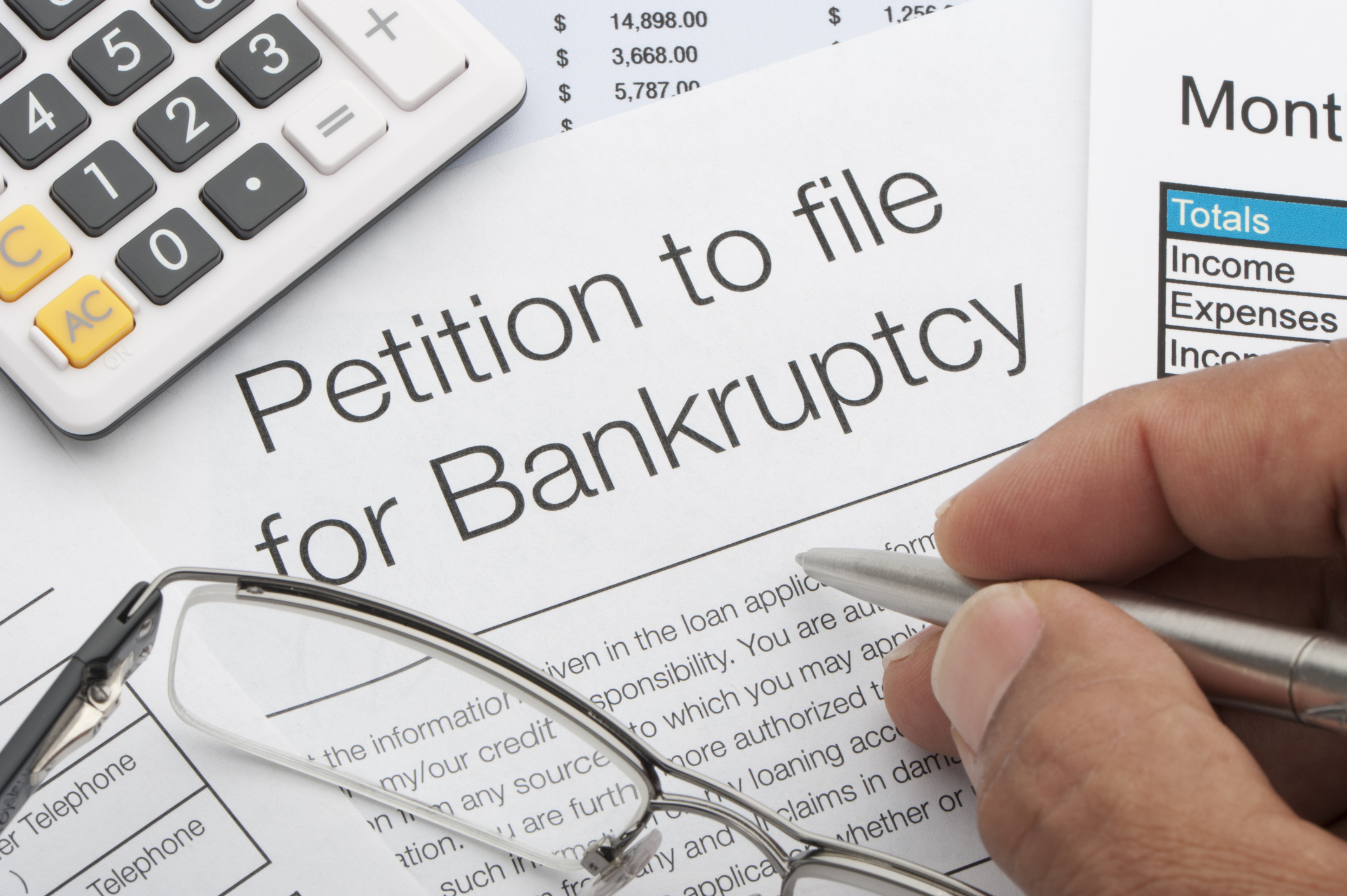 Before calling a bankruptcy lawyer in Glendora CA, most people who are considering bankruptcy will conduct some research. One of the first things they’ll learn is that there are many forms of bankruptcy filings, or chapters.
Before calling a bankruptcy lawyer in Glendora CA, most people who are considering bankruptcy will conduct some research. One of the first things they’ll learn is that there are many forms of bankruptcy filings, or chapters.
You will most likely file a Chapter 7 or Chapter 13 bankruptcy if you are an individual, couple, or small company owner. Many considerations go into determining which chapter will be most useful. In some occasions, your financial situation, debt, or assets will prevent you from making a decision. When you work with Law Offices of Terrence Fantauzzi, we will consider the facts of your situation and help you determine the right way forward.
Bankruptcy Chapter 7 vs. Chapter 13
Both Chapter 7 and Chapter 13 provide efficient debt relief to individuals and families that are drowning in debt. Neither chapter, however, is a “one-size-fits-all” answer. Individuals and households with limited income, assets, and resources, as well as unsecured debt, might consider Chapter 7. For a single unemployed individual who is drowning in credit card debt, Chapter 7 may be the best alternative.
Chapter 13 is for those who have a steady source of income. A person or a family will usually use Chapter 13 to rearrange their debts. If you have been laid off for a short length of time and have fallen behind on your mortgage payments, Chapter 13 may be a possibility to reimburse your mortgage lender.
The chapter of bankruptcy is affected by the type of debt
If you’re thinking of filing for bankruptcy, you’re undoubtedly in a lot of debt. What sort of bankruptcy you should file is determined on the amount of debt you have. Once again, your bankruptcy lawyer in Glendora CA will help you determine the right options. Your debt will be classified as unsecured, secured, priority, or non-dischargeable in bankruptcy.
Unsecured debt
Unsecured debt is a wide term that refers to a variety of debts and financial commitments. Unsecured debt includes credit card payments, medical expenditures, some personal loans, and some energy bills. If you solely have unsecured debt, you should declare a Chapter 7 bankruptcy.
Secured debt
Secured debt is debt that is secured by real estate or other assets. A secured debt is something like a mortgage or a vehicle loan. A personal loan may be secured by your home in certain situations. If you are behind on your utility bills, the utility provider may file a lien against your home. You must pay the loan if you want to maintain your secured property.
Chapter 7 and Chapter 13 bankruptcy
Debtors have five years to pay off an overdue secured debt in a Chapter 13 lawsuit. For example, if you have gone behind on your car payments and are concerned that it may be repossessed, you could file a Chapter 13 case to repay what you owe.
Debt that will survive bankruptcy is referred to as priority debt. Unpaid income taxes, for example, are a priority obligation. As a result, if you declare a Chapter 7 bankruptcy to get rid of credit card debt, your tax liability will be discharged as well. Priority debt must be paid under the bankruptcy plan if you file a Chapter 13 case, on the other hand.
Non-dischargeable debt is debt that cannot be discharged under any bankruptcy chapter. There is no way to get rid of alimony, child support, criminal restitution, certain taxes, or school loans if you file for bankruptcy. Discharging other debts, on the other hand, may make these responsibilities more bearable. Even if you have a lot of non-dischargeable debt, you should consult with a bankruptcy lawyer in Glendora CA. Request a free consultation with Law Offices of Terrence Fantauzzi at (909) 552-1238 today.
